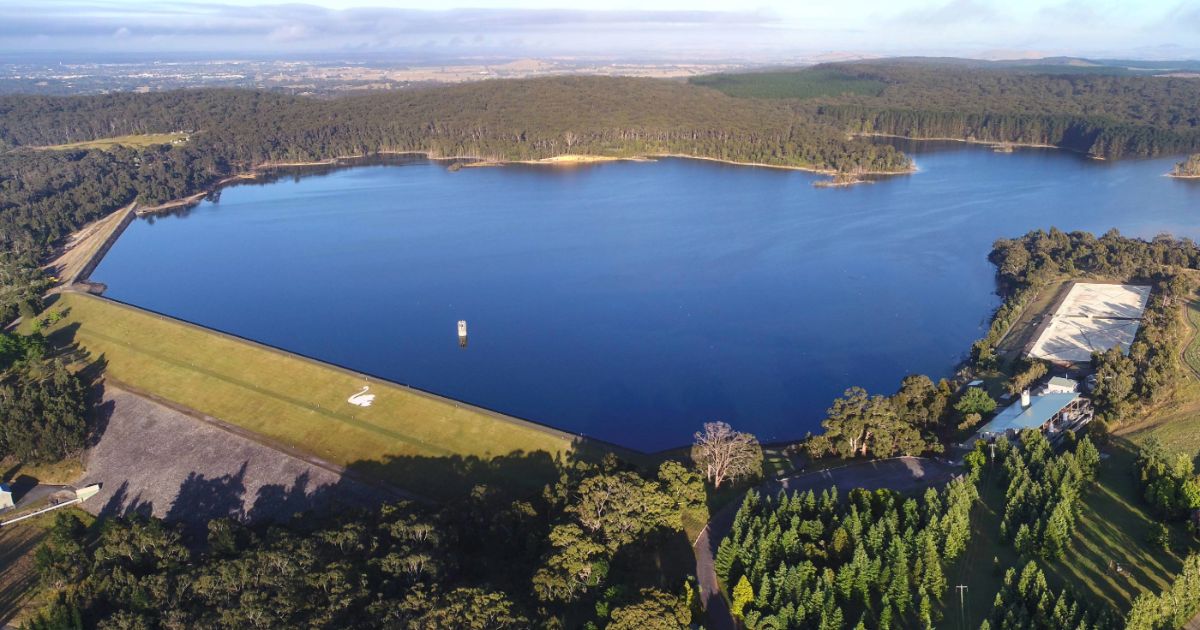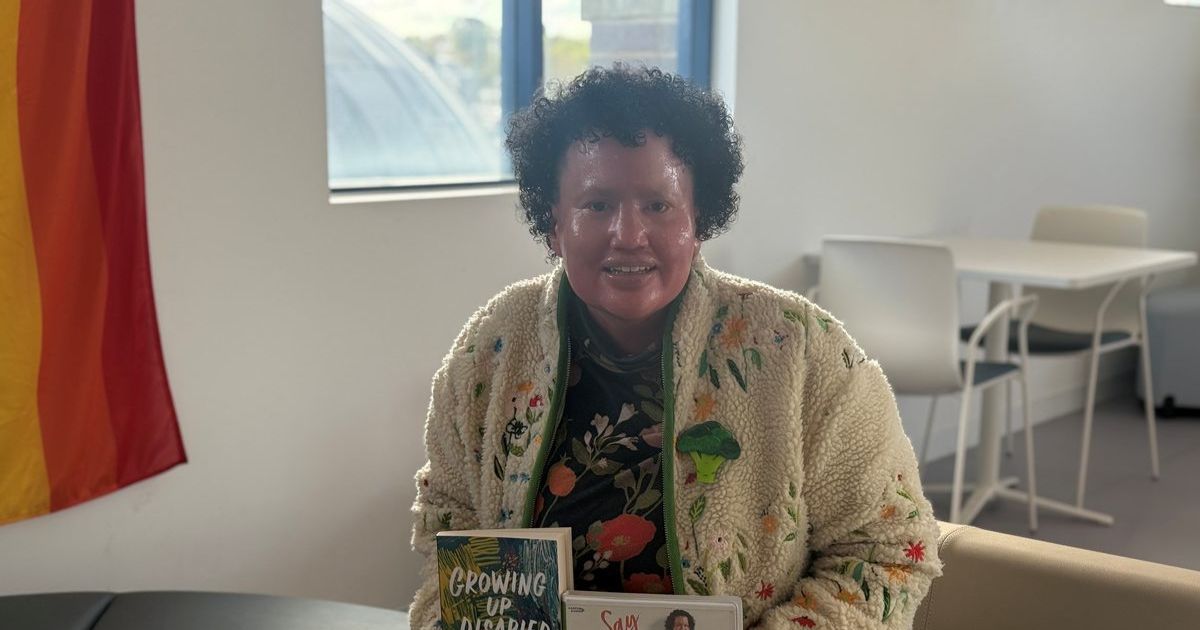From the desk of Roland Rocchiccioli – 2 January

Connected: The Infant of Prague is one of Roland’s earliest recollections from his childhood in the goldfields of Western Australia. Photo: SUPPLIED
When I think about it I shake my head incredulously. The notion is too absurd to be true! This year, 2022 marks three-quarters of a century for me. I was born before the middle of the last century.
I STARE at pictures of me as a child and I wonder, “Where did it go?”
I am blessed with a proverbial elephant-type memory and childhood recollections are precise. I started school at four-and-half. One early memory is kneeling on the wooden floor of St. Catherine’s Dominican Convent, Gwalia, and praying in front of a statue of the Infant of Prague. Together with Our Lady of Fatima and the three shepherd children, it occupied a special place in my primary school years.
Curiously, years later when I went to my father’s village, Magliano, in Tuscany, there was a statue of the Infant in their parish church of St. Andrea. As a child, my father had prayed to a similar statue.
Time is an intriguing notion. According to the great physicist, Albert Einstein, it is an illusion: relative, and flexible; therefore, the dividing line between past, present, and future, is an illusion. So, reality is ultimately timeless. You have to ask: does anything stand for anything, and do we matter in the greater scheme of things? Certainly, none of us is important.
What is déjà vu? It is a French expression meaning ‘already seen’. When it occurs, it seems to spark our memory of a place we have already been, a person we have already seen, or an act we have already done. Neurologists have an explanation which requires some effort to grasp. According to research, about two thirds of us experience at least one déjà vu in our lifetime, yet very little is known about what causes it. It has been suggested it is related to time and its passage – but who knows? The brain is such a complicated computer.
The English playwright, J B Priestly, was endlessly fascinated by the concept of time and its relevance. He wrote several plays, including An Inspector Calls, which deals specifically with time and its anomalies. Also, They Came To A City, which he penned for Googie Withers. A fascinating piece, it was written and staged during the Second World War. It leaves you pondering our experiences in time. What does, and does not, happen in our lives.
The earliest recorded philosophy of time was expounded by an ancient Egyptian thinker, circa 2650–2600 BCE. He said, “Follow your desire as long as you live; do not perform more than is ordered; do not lessen the time of the following desire, for the wasting of time is an abomination to the spirit.”
My French master at school said, regularly to the class, “I have wasted time, now doth time waste me.” Naturally, we all thought he was as mad as a March hare. Only now does one realise the wisdom of his words, and the speed of time.
The winter term at boarding school was 12 weeks. It ran from May to August, and it felt like 12 years at the time. Now, at this stage in life, that span passes in the twinkling of the proverbial eye.
I have lived in Ballarat for almost 13 years. It feels like three months.
Being realistic, if you extrapolate the three months to represent the 13 years then, with good luck on my side, I have six months left – another 25 years. That is a scary thought; to realise one is at the wrong end of life and there is not a moment to be wasted.
The Queen said, in her speech to the Glasgow COP26 climate change summit, “We none of us live forever.” Recently, my aunt Edith died in Perth. She was 104. My mother, Beria, was 96 when she died. Sadly, my father was only 63; however, that was caused by working as an underground machine miner in poorly ventilated shafts.
Tempus fugit – so let us make the most of it. Happy New Year, to you!
Roland can be heard with Brett Macdonald radio 3BA every Monday at 10.45am and contacted via [email protected].


















